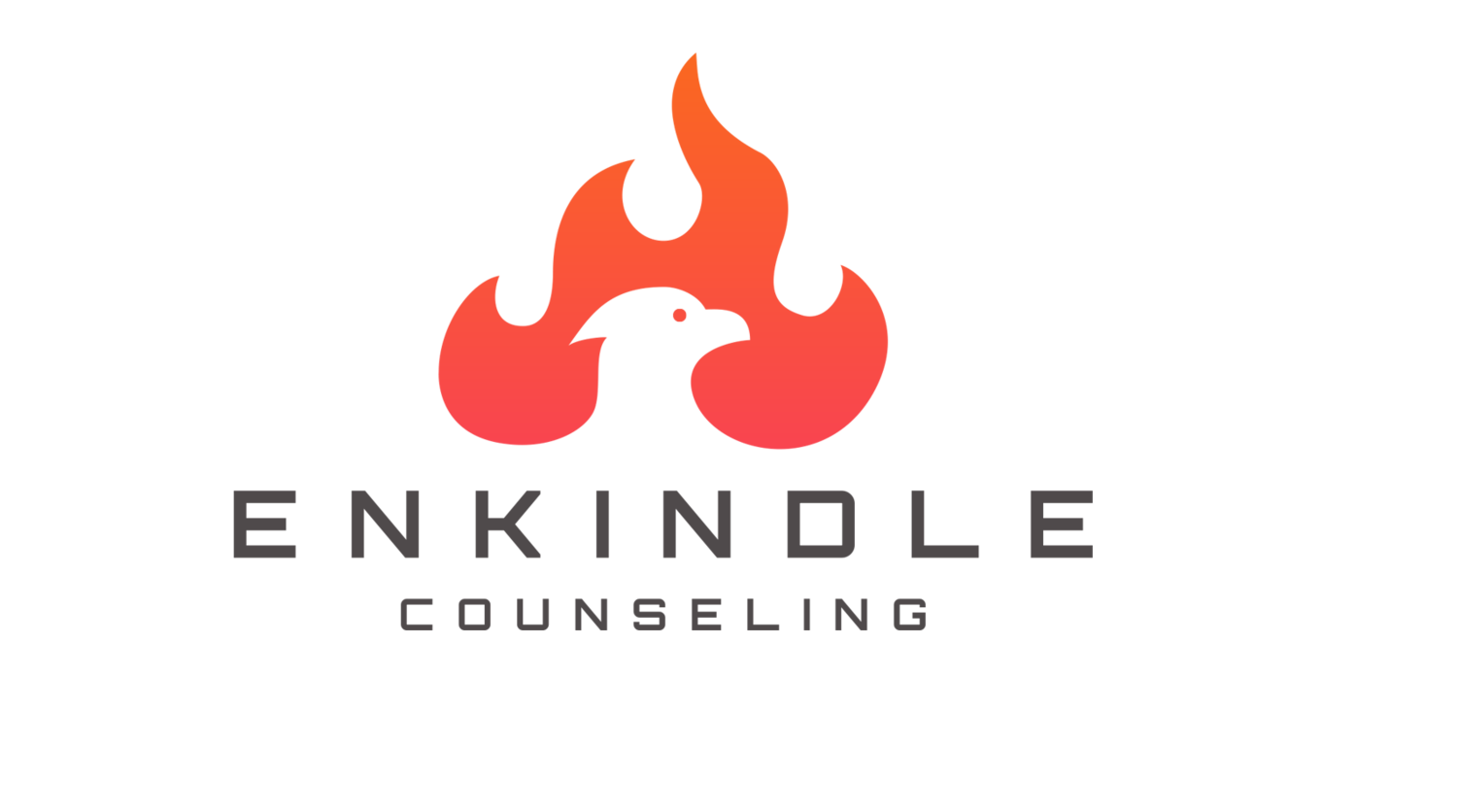What is Therapy?
This may be a simple question for some, but really there is a lot to the answer. In the mental health world, therapy has changed beyond conventional approaches, and has embraced a more inclusive and holistic perspective - at least in the way I see it. As a therapist I am committed to antiracist, decolonization, queer, and feminist principles, which means I believe it's essential to explore the transformative power of therapy within these frameworks. This is how we create change and respond to narratives that inform our life.
Antiracist therapy acknowledges the impact of systemic racism on individuals' mental health. It delves into the intersectionality of identities and strives to create a safe space where clients can confront racial trauma and unpack the effects of societal inequalities. By addressing the roots of racialized stressors, antiracist therapy fosters healing and resilience.
Decolonization therapy recognizes the historical and cultural context that shapes individuals' experiences. It is meant to challenge the Eurocentric perspectives and help encourages clients to reclaim their own narratives. By deconstructing colonial legacies, therapy becomes a process of rediscovery and empowerment, allowing individuals to reconnect with their heritage and traditions. In this we hope to find a better authentic version of ourselves.
Queer-affirmative therapy embraces diverse sexual orientations and gender identities, promoting acceptance and understanding. It dismantles and addresses heteronormativity, providing a supportive environment for LGBTQ+ individuals to explore their identities and navigate societal challenges. Through this lens, therapy becomes a tool for self-discovery and affirming one's authentic self.
Feminist therapy challenges traditional power dynamics and promotes equality within therapeutic relationships. It acknowledges the impact of patriarchy on mental health and empowers clients to challenge societal expectations. By fostering a sense of agency, feminist therapy helps individuals break free from limiting beliefs and cultivate a stronger sense of self.
The benefits of therapy within these frameworks are profound and in my mind life changing. Clients experience a sense of liberation, justice and empowerment as they confront and navigate societal pressures, fostering personal growth and resilience. Therapy becomes a catalyst for social change as individuals equipped with self-awareness and empowerment contribute to dismantling oppressive systems. Change starts with you.
Therapy as viewed through an antiracist, decolonization, queer, and feminist lens is a powerful tool for personal and societal transformation. By embracing inclusivity and acknowledging the complexities of identity, therapy becomes a space where individuals can heal, grow, and contribute to the creation of a more just and equitable world.
